People who lean on logic and philosophy and rational exposition end by starving the best part of the mind
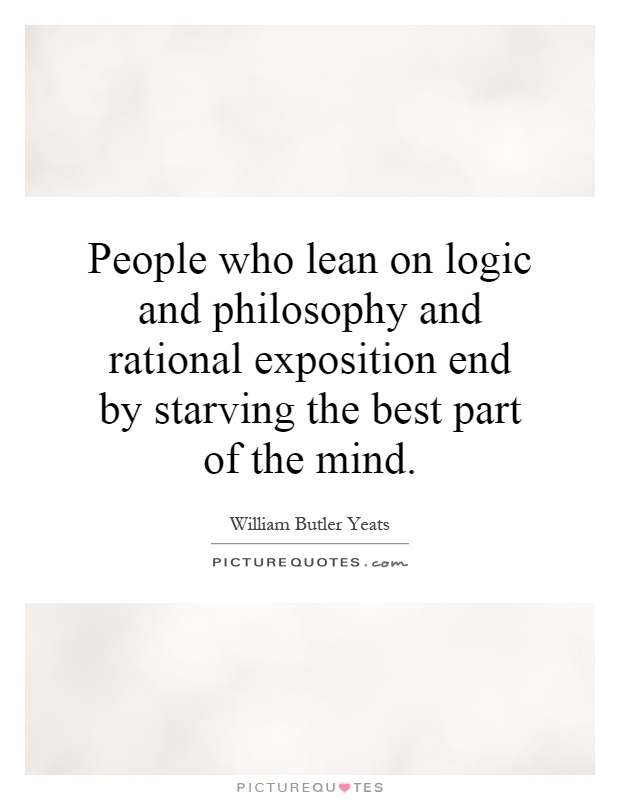
People who lean on logic and philosophy and rational exposition end by starving the best part of the mind
William Butler Yeats, the renowned Irish poet and playwright, was a firm believer in the power of the imagination and the mystical aspects of life. He often delved into the realms of mythology, symbolism, and the supernatural in his works, rejecting the strict confines of logic and rationality. In this context, the quote “People who lean on logic and philosophy and rational exposition end by starving the best part of the mind” takes on a deeper meaning when applied to Yeats and his artistic philosophy.Yeats believed that the human mind was capable of tapping into a higher realm of consciousness through the use of imagination and intuition. He saw logic and rationality as limiting factors that hindered the creative potential of the mind. By relying solely on these intellectual faculties, one would miss out on the deeper truths and mysteries of life that can only be accessed through the imagination.
In his poetry, Yeats often explored themes of the supernatural, the occult, and the mystical. He drew inspiration from Celtic mythology, folklore, and symbolism to create works that were rich in imagery and meaning. By embracing the irrational and the mysterious, Yeats was able to access a deeper level of truth that transcended the limitations of logic and reason.
For Yeats, the “best part of the mind” was the creative and intuitive faculty that allowed for the exploration of the unknown and the unseen. By starving this aspect of the mind through an over-reliance on logic and rationality, one would miss out on the beauty and wonder of the world around them.


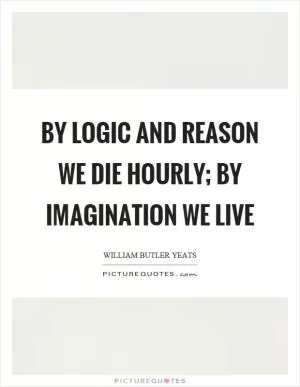


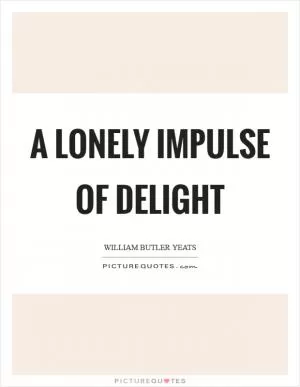
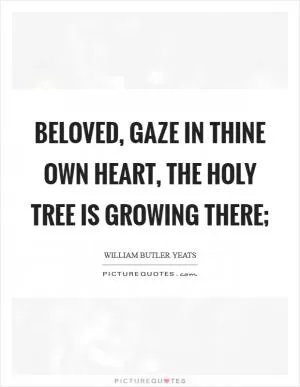
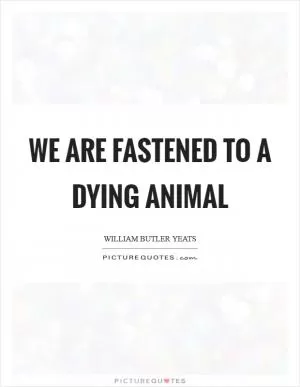


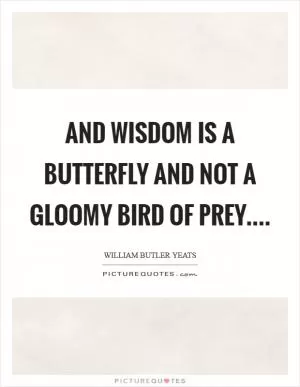

 Friendship Quotes
Friendship Quotes Love Quotes
Love Quotes Life Quotes
Life Quotes Funny Quotes
Funny Quotes Motivational Quotes
Motivational Quotes Inspirational Quotes
Inspirational Quotes